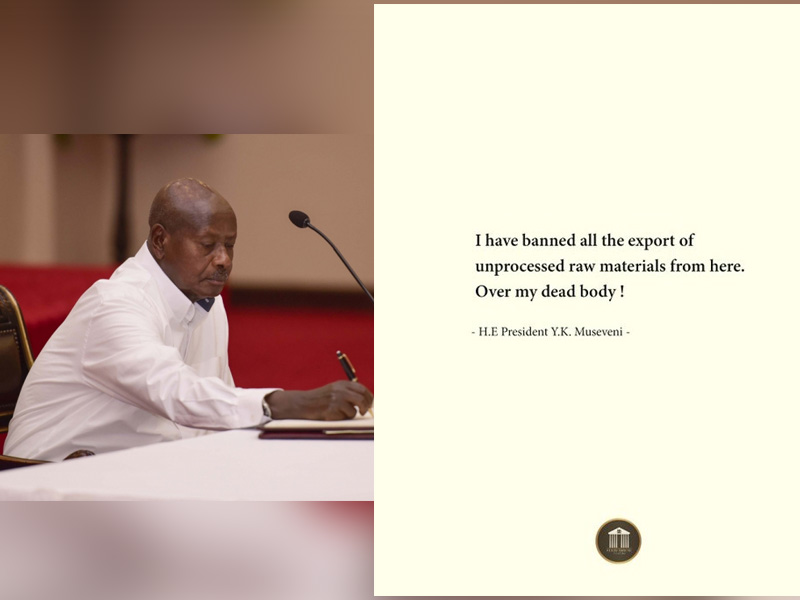The Inter-Religious Council of Uganda (IRCU), representing major religious groups including Catholics, Anglicans, Muslims, and Born-Again Christians, has endorsed a controversial proposal to criminalize cohabitation under the Marriage Bill 2024. If adopted by Parliament, the proposal would impose a three-year jail sentence or a fine of UGX 10 million on couples living together as if married without a formal union.
The IRCU’s position was articulated by Joseph Serwadda, co-chairperson of the Council’s presidents and senior minister of Victory Christian Center, during a presentation before the Joint Committee of Legal and Gender. Serwadda shared the group’s views on the Marriage Bill 2024, tabled by Tororo District Woman Representative Sarah Opendi, which aims to reform and consolidate Uganda’s marriage laws.
Under Clause 89 of the Bill, cohabitation—defined as living together as husband and wife, jointly owning property, bearing children together, or a woman adopting a man’s surname—would be penalized. However, Serwadda emphasized the need for balance, recommending that the government enact a separate law to protect the rights of cohabiting parties, their children, and property acquired during such relationships. “Given the magnitude of relationships founded on cohabitation, we urge an exclusive Bill to regulate these arrangements,” he stated.
The proposal has sparked mixed reactions. Proponents argue it would strengthen traditional marriage structures and reduce fraudulent claims of marital status, aligning with cultural and religious values. Critics, however, contend that criminalizing cohabitation ignores socioeconomic realities, such as poverty, which often prevents couples from formalizing marriages. Social media responses on X have labeled the move as “misplaced” and “out of touch,” with users urging lawmakers to address more pressing national challenges.
The Marriage Bill 2024 also includes provisions for equal property rights for spouses, criminalizing child marriages, and setting timelines for consummating marriages. It builds on earlier attempts to modernize Uganda’s marriage laws, such as the 2009 Marriage and Divorce Bill, which faced opposition from religious leaders over issues like marital rape and divorce.
As deliberations continue, the IRCU’s stance highlights the tension between traditional values and contemporary social realities in Uganda, where cohabitation is common due to economic and cultural factors. The outcome of this proposal could have far-reaching implications for family law and human rights in the country.




